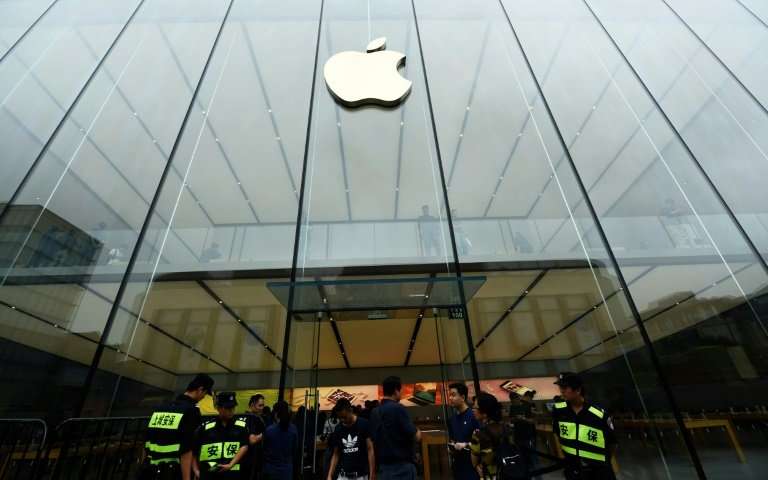China has denied reports of a ban on iPhones within its borders. The move comes after concerns were raised regarding the security implications of Apple’s popular smartphone.
Speculation regarding a potential iPhone ban in China began circulating following reports of security issues associated with the device. Some experts voiced concerns about vulnerabilities that could pose risks to national security.
Contrary to earlier reports, China’s government has clarified that it has no intention of banning the use or purchase of iPhones. The statement aimed to ease concerns and reassure millions of iPhone users in the country.
Read More: Apple Faces $200 Billion Loss Amidst China’s iPhone Ban
Security concerns regarding iPhones in China centered around their potential to be used for espionage. Experts pointed to the device’s closed system, which could allow Apple to access user data and potentially share it with foreign governments.
Apple’s Response
Apple, in response to the security concerns, emphasized its commitment to user privacy and data protection. The company highlighted its strict policies on user data and its refusal to create “backdoors” for any government.
An iPhone ban in China would have significant economic consequences. China is one of Apple’s largest markets, and any restriction on iPhone sales could lead to a substantial loss in revenue for the tech giant.
China’s stance on iPhone security reflects its broader ambition to bolster its domestic technology industry and reduce reliance on foreign tech products. The country has been actively promoting its own tech brands and innovations.
Global Implications
The controversy surrounding iPhone security and the potential ban underscores the ongoing global debate about data privacy, cybersecurity, and the role of tech companies in national security matters.
While the immediate threat of an iPhone ban has been dispelled by China’s recent statement, Apple will likely face continued scrutiny regarding its products’ security features and data protection measures within the Chinese market.














